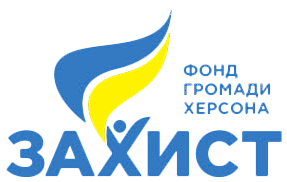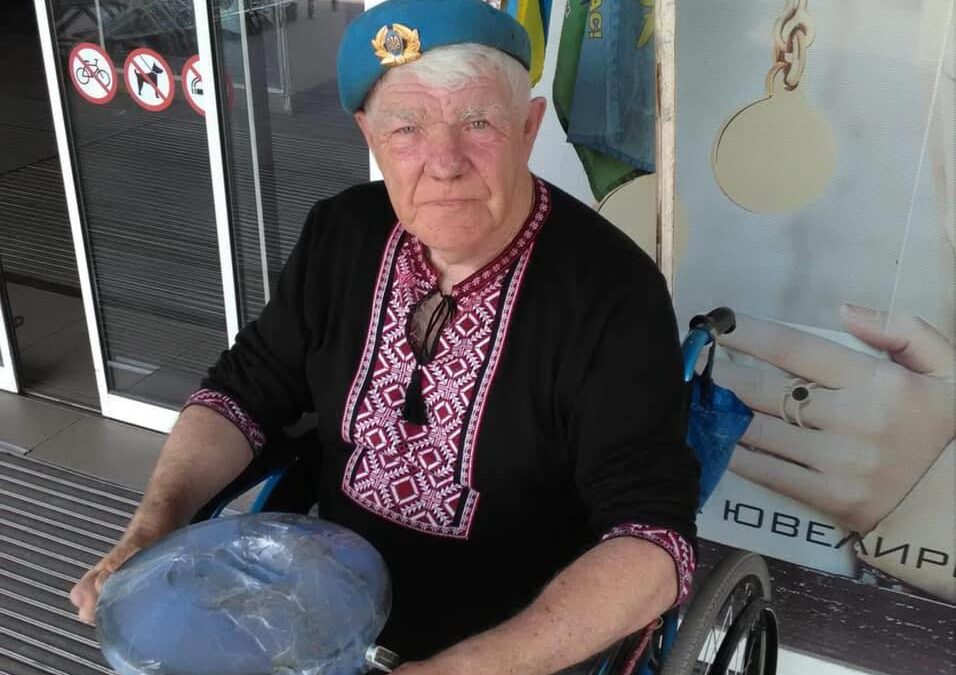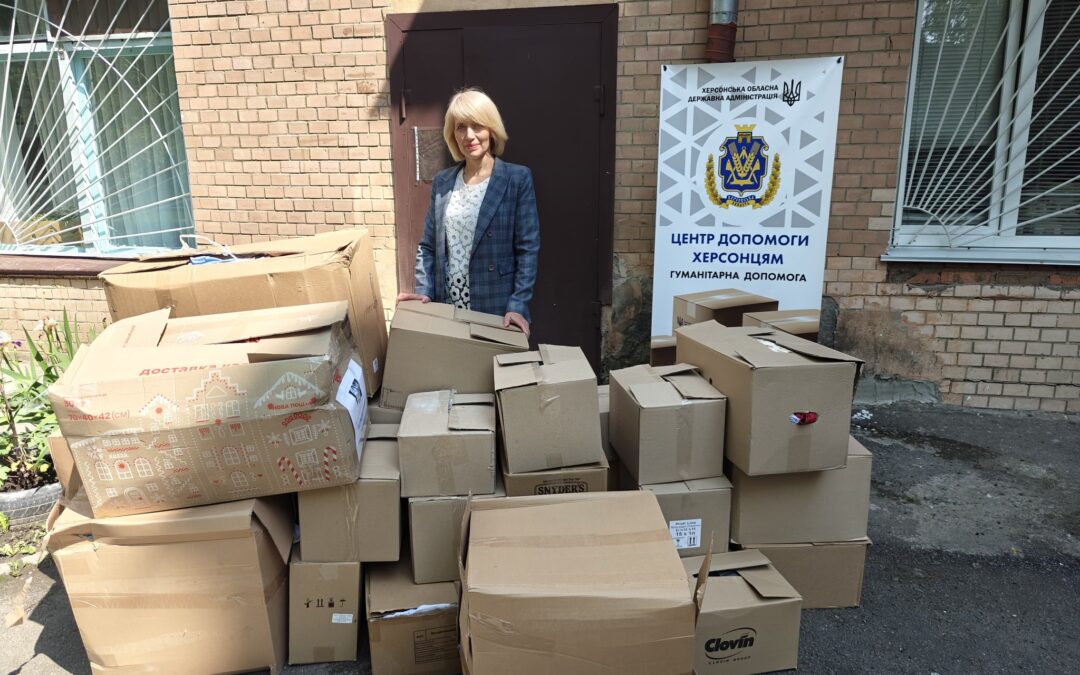Report on the results of an online survey based on an interactive structured questionnaire, the link to which was sent to potential respondents from the database (Kherson Community Research Online Panel).
Research objective: Kherson residents’ self-assessing their language practices and attitudes to language policy at the state, local, and media levels.
Key Outputs:
In general, the full-scale Russia’s invasion had pretty much an impact on the linguistic sphere of the residents of Kherson city community. Kherson has become more Ukrainianized not only in a declarative manner but also in real-life behavior. Despite certain differences when assessing language policy and behavior by the subgroup of Kherson residents living in the city and the subgroup residing outside it, they do not split the community on such an important issue.
After the full-scale invasion, the number of residents of Kherson city community who use only Ukrainian in their communication has almost doubled, depending on their social network. This is especially true of using the Ukrainian language when communicating with friends (increased by 4.1 times). The said is not mere declarations: for 72% of respondents, the Ukrainian language is the phone interface language. The majority (54%) use the Ukrainian language in public places more often.

That said, a significant number of Kherson residents remain bilingual. Nowadays, 45% communicate with their relatives and 43% – with friends in Ukrainian and Russian languages, still, bilinguals prefer the Ukrainian language for work and in public places.
As it turned out, Kherson residents became quite demanding about the linguistic behavior of officials and service providers. They insist that officials and service providers communicate exclusively in Ukrainian at work, while for informal communication, half of the respondents deem it acceptable to use the language of the counterpart. Moreover, in Kherson itself, using the language of the counterpart is more tolerated unlike the same among respondents who left the city.

The majority of respondents expressed their commitment to the general internationalization of both Ukrainian and Kherson mass media 67% of respondents wished Kherson mass media had a version in a foreign language. 75% voted for the English version. Another 47% of supporters of multilingual versions believe a Crimean Tatar version to be appropriate, and 30% – a Russian version.
As for the potential of learning the languages of national minorities and indigenous peoples of Ukraine, three-quarters of respondents believe it should be mandatory or possible both at the national and Kherson levels. Almost half of the respondents have no specific preferences, but such languages as Crimean Tatar and Polish have the most supporters, again both at the national and Kherson levels – a third of all respondents, in fact.
The majority of respondents (65%) believe that writing the word “Russia” with a lowercase letter in all cases is yet another response to Russian armed aggression. For another 22%, the decision to use it with a uppercase letter depends on the situation.
You can read the full report by downloading it:
Join the new surveys on the platform Hear the community of Kherson
Your opinion is important!




